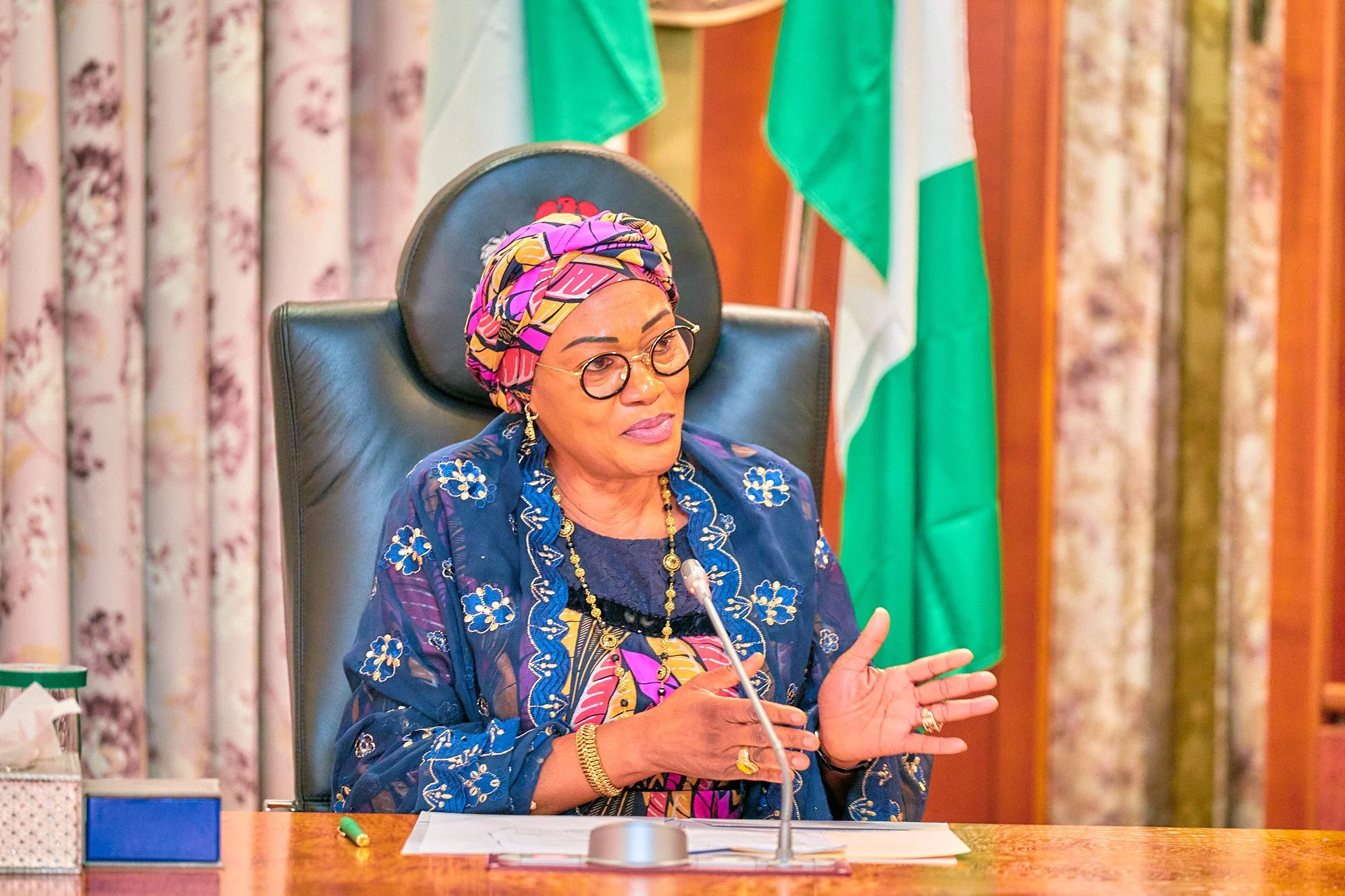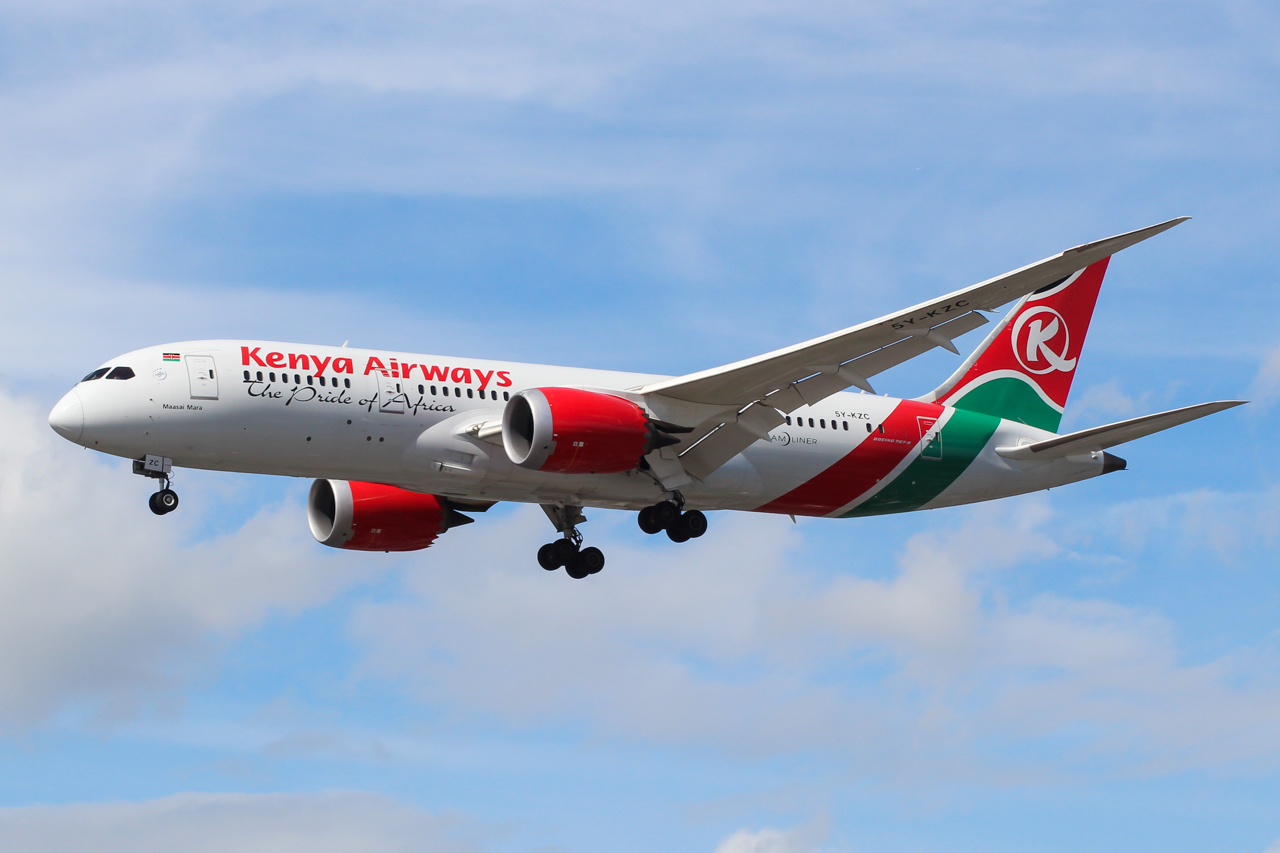The Federal Airports Authority of Nigeria (FAAN) has revealed that the country’s aviation sector now contributes a substantial $1.7 billion to Nigeria’s Gross Domestic Product (GDP), highlighting a significant transformation driven by private sector participation.
FAAN Managing Director, Mrs. Olubunmi Kuku, made the disclosure on Friday at the launch of a new book titled “100 Years of Civil Aviation in Nigeria”, authored by renowned aviation journalist Mr. Wole Shadare, in Lagos.
According to Kuku, the impressive GDP contribution is a direct result of market-driven reforms and increased private sector involvement over the years.
“After Nigeria’s independence in 1960, we faced the challenge of transforming colonial infrastructure into a national aviation success story. Though Nigeria Airways emerged as a national carrier, it struggled with inefficiencies and mismanagement,” Kuku said.
She noted that by the early 2000s, the sector stood at a crossroads — prompting a strategic shift that allowed private operators to inject capital, introduce modern management techniques, and drive competition.
“Airlines like Air Peace and Arik Air didn’t just step in — they revolutionised air travel in Nigeria,” Kuku stated, adding that the current aviation landscape now includes 39 certified airline operators, 31 airports, and over 2,100 licensed pilots, supported by thousands of skilled personnel.
Kuku disclosed that in the past year, over 16 million passengers travelled through domestic terminals while international passengers exceeded 3.5 million — figures she described as proof of growing confidence and capacity in the industry.
Despite the gains, Kuku acknowledged persistent challenges including infrastructure gaps, regulatory hurdles, and funding constraints. However, she urged stakeholders to view these as investment opportunities rather than roadblocks.
“Each challenge in this sector signals untapped investment potential. The future of Nigerian aviation lies in recognising that our airspace isn’t just a means of transportation — it’s a path to national prosperity,” she said.
On the book launch, Kuku praised the author for chronicling the sector’s journey, noting that the work provides both historical context and a guide for the future.
“The dedication and insight Wole Shadare has brought as a journalist are clearly reflected in this book,” she concluded.
WHAT YOU SHOULD KNOW
Nigeria’s aviation sector now contributes $1.7 billion to the country’s Gross Domestic Product (GDP).
This growth is attributed to the involvement of private airlines like Air Peace and Arik Air, which helped transform the industry.
ALSO READ TOP STORIES FROM VERILY NEWS



























